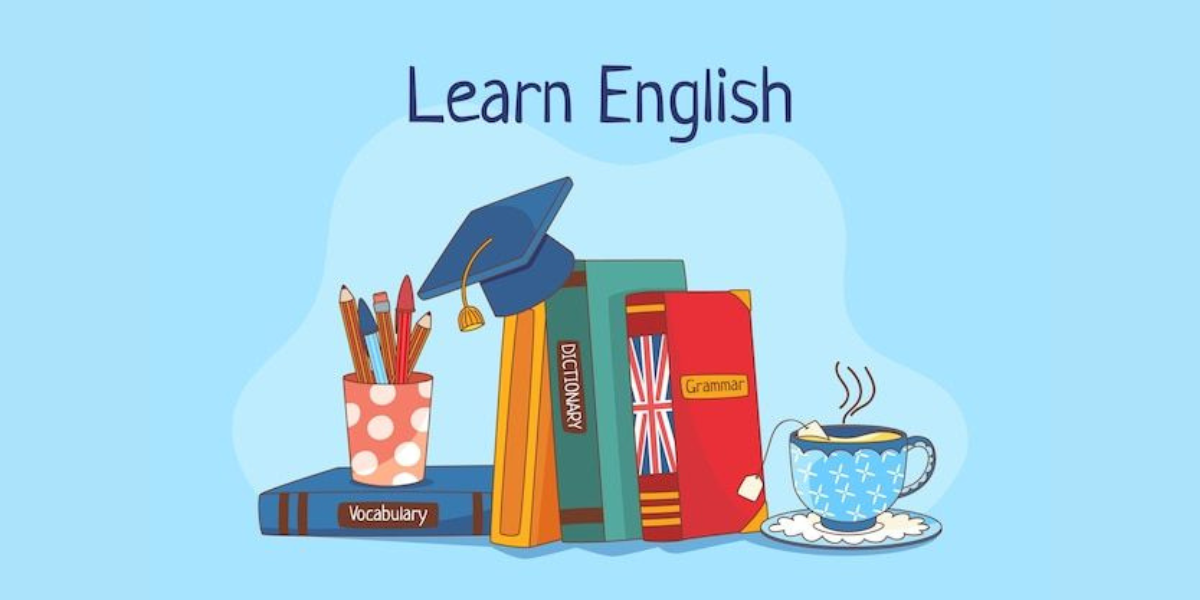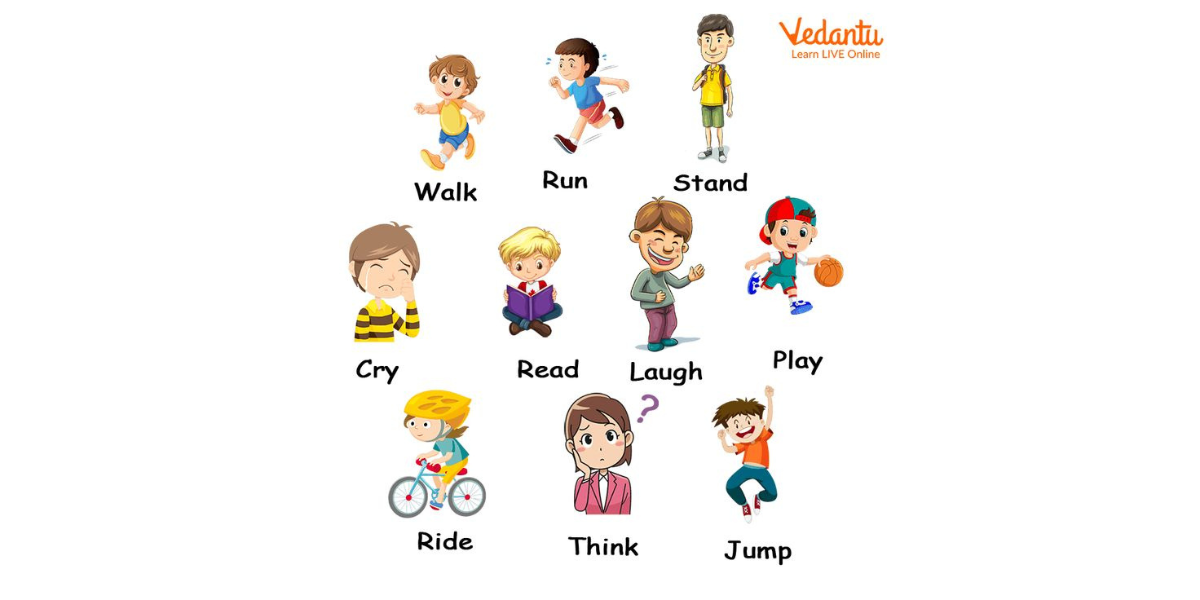1. Understanding the significance of common words in everyday English
2. Importance of focusing on the right vocabulary for practical use
Target Vocabulary List
1. Comprehensive list of common English words from 'a' to 'z'
2. Encouragement to achieve confidence in using these words for daily interactions
Alphabetical Grouping of Words
1. Words starting with 'a': ability, able, about, above, accept, etc.
2. Words starting with 'b': baby, back, bad, bag, ball, etc.
3. Words starting with 'c': call, camera, campaign, can, cancer, etc.
4. Continue the list through to 'z': you, young, your, yourself
Utilization Strategies
1. Methods to incorporate vocabulary into daily use
2. Suggestions for utilizing flashcards and apps for learning
Conclusion
1. Reaffirming the value of mastering essential English vocabulary
2. Encouragement for continuous vocabulary development for improved fluency

Mastering English involves understanding key grammar rules and expanding one’s vocabulary. It is equally about confidently using the essential words that drive daily conversations as these common English words are the tiny keys that unlock the doors to understanding, connection, and fluency.
Whether you’re helping your child prepare for school, assisting with homework, or boosting their language skills for future success, this guide will make learning vocabulary simple and fun. This will significantly help your child’s interactions, whether asking for a pencil in class or making new friends on the playground. Adults, too, can benefit by refining their vocabulary for professional or social contexts.
Let’s explore how essential words form the backbone of communication and how your child can benefit from learning them.
Why are Common Words Important?
Common words like “yes,” “no,” and “please” might seem simple, but they serve as the building blocks of clear communication. Focusing on these words helps little learners gain confidence and engage in conversations.
Instead of overwhelming your child with fancy vocabulary, start with commonly used words to reap immediate benefits, enhancing both fluency and self-expression.
Let’s explore an A-to-Z list of essential English words that form the foundation of daily interactions.
Target Vocabulary List: Essential English Words from A to Z

Here is our carefully curated A-to-Z list of essential words that are practical, versatile, and relevant to everyday situations:
A: accept, after, always, apple, ask
B: back, baby, before, big, bring
C: call, carry, clean, close, come
D: day, do, drive, drink, during
E: eat, easy, end, every, enjoy
F: fast, feel, find, first, food
G: game, give, go, good, great
H: Happy, help, here, home, how
I: idea, if, important, in, it
J: jump, join, just, job, joy
K: keep, kind, know, key, kite
L: large, last, laugh, leave, light
M: make, many, move, much, my
N: need, next, now, name, nice
O: open, on, out, only, over
P: play, put, party, please, paper
Q: quick, quiet, question, queen, quit
R: read, run, ready, right, room
S: say, see, start, small, stop
T: take, tell, try, time, today
U: under, use, up, until, us
V: very, visit, voice, value, view
W: walk, want, with, why, water
X: X-ray, Xerox, Xylophone
Y: yes, you, your, young, yesterday
Z: zebra, zero, zoom, zone, zip
This list contains essential and easy-to-learn words suitable for various practical applications in everyday communication. They help express thoughts, emotions, and actions clearly. By mastering them, your child can confidently tackle homework, engage in conversations, and improve their reading and writing skills.
Choosing the right words can make all the difference in effective communication. Discover the impact of choosing the right words for your child!
Now, let’s look at an exciting way to organize and memorize these words.
Alphabetical Grouping for Easy Learning
Organizing words alphabetically allows your child to focus on one letter at a time. This approach helps them build confidence as they progress through the alphabet.
Why Alphabetical Grouping Works
Grouping words alphabetically is one of the most effective ways to make vocabulary practice manageable. It introduces structure and logic to the learning process, helping children, and even adults, feel less overwhelmed.
By tackling one letter at a time, learners can focus on a smaller set of words, gradually building a solid vocabulary base.
A Fun Example
Here’s a creative way to practice words starting with the letter “B”:
"The baby carried a bag full of balls while walking on a bridge."
This simple sentence uses multiple "B" words, making it memorable and fun to learn. You can create similar mini-stories for every letter, turning vocabulary practice into a delightful game.
Help your child learn the basics of English with Vedantu’s interactive guide to simple yet impactful words. These foundational words are the perfect start to confident communication. Check out Basic Words for Kids!
Once your child has learned the words, the next step is just as important - putting them to use!
Utilization Strategies

The key to learning new vocabulary lies in consistent, practical application. Integrating these words into everyday conversations, activities, and routines, ensures that vocabulary becomes a natural part of your child's communication skills.
How to Use New Words in Daily Life
Here are some ways to incorporate newly learned words into daily life:
Create a Word Journal: Encourage your child to maintain a vocabulary journal. Every day, they can write down a few new words along with their meanings, sentences, and illustrations. For example, if the word is "believe," they could write:
"I believe in my abilities." Review the journal weekly to reinforce learning.
Label Household Items: Turn your home into a vocabulary haven by labeling everyday items. Stick labels with the names of objects, like "mirror," "chair," or "table." Every time your child uses these items, they’ll associate the word with the object, reinforcing memory through repetition.
Use Words in Chores or Tasks: Incorporate vocabulary into daily routines. For instance, while cooking, you could use words like “measure,” “mix,” or “bake.” This contextual learning makes vocabulary relatable and easier to remember.
Start Small: Select 5-10 words and use them in everyday conversations. For instance, ask your child to describe their favorite toy using new words.
Make Flashcards: Write words on one side and their meanings or example sentences on the other. Review them together daily for a few minutes.
Playing word-based games like Scrabble or word association also works wonders. Incorporating these strategies ensures your child uses their new vocabulary in meaningful ways, turning learning into a natural, everyday habit.
Ready to supercharge your child’s vocabulary? From simple terms to advanced expressions, we have you covered with fun and interactive learning resources. Boost Your Child’s Vocabulary today!
Leveraging Apps and Tools
Technology makes learning easier than ever. Today's digital tools transform vocabulary learning into an engaging, interactive experience. While traditional methods remain valuable, educational apps and online platforms offer unique advantages:
Educational apps and online platforms, like Vedantu, offer personalized vocabulary lessons, interactive quizzes, and progress tracking. These tools are perfect for making learning convenient and effective.
Vocabulary-building apps use colorful graphics, sound effects, and rewards to keep children motivated. Vocabulary games might ask kids to match words with pictures, complete sentences, or solve word puzzles, making practice feel like play.
Remember that screen time should complement, not replace, real-world vocabulary practice. Try setting specific times for app-based learning, perhaps 15-20 minutes before or after traditional reading activities.
Unlock your child's potential with Vedantu's English Superstar program! Help them master grammar, vocabulary, and communication skills with engaging, interactive lessons. Join Vedantu’s English Superstar Program today!
Conclusion
Practicing common English words is a powerful way to unlock fluency, confidence, and academic success. These foundational words are more than just vocabulary. They’re tools for expressing ideas, emotions, and creativity in every aspect of life.
For children, this journey begins with small steps, like learning an A-to-Z word list, and grows into a lifelong love for the language. By focusing on essential words and incorporating them into daily conversations, you’re setting your child up for a brighter, more confident future.
Vedantu specializes in making this journey exciting and engaging. With personalized lessons, creative learning strategies, and expert guidance, your child will conquer English vocabulary with ease.
Why wait? Let your child unlock their potential with Vedantu’s interactive vocabulary boosters. Sign up for a free demo session today and take the first step toward fluency!


1. Understanding the significance of common words in everyday English
2. Importance of focusing on the right vocabulary for practical use
Target Vocabulary List
1. Comprehensive list of common English words from 'a' to 'z'
2. Encouragement to achieve confidence in using these words for daily interactions
Alphabetical Grouping of Words
1. Words starting with 'a': ability, able, about, above, accept, etc.
2. Words starting with 'b': baby, back, bad, bag, ball, etc.
3. Words starting with 'c': call, camera, campaign, can, cancer, etc.
4. Continue the list through to 'z': you, young, your, yourself
Utilization Strategies
1. Methods to incorporate vocabulary into daily use
2. Suggestions for utilizing flashcards and apps for learning
Conclusion
1. Reaffirming the value of mastering essential English vocabulary
2. Encouragement for continuous vocabulary development for improved fluency



